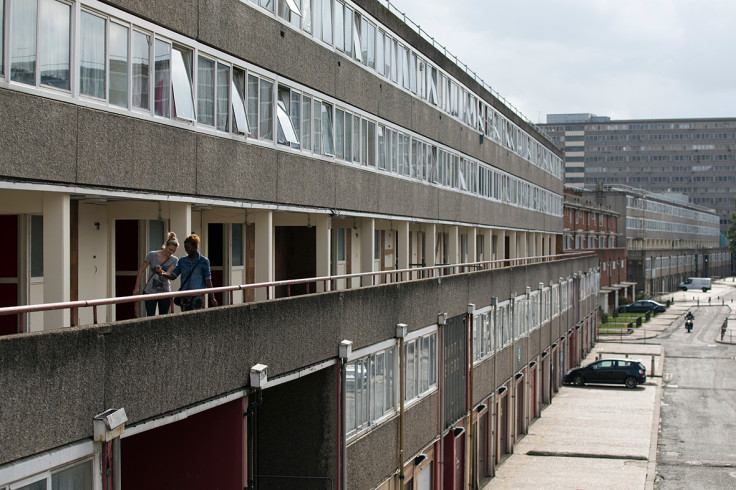High rents and low wages mean one in eight UK workers lives in poverty
A report for the Joseph Rowntree Foundation showed overall 13.5 million people in the UK lived in poverty.

More than seven million people in Britain are now living in poverty despite being in a working household as the high cost of rental housing takes it toll.
A report for The Joseph Rowntree Foundation titled Monitoring Poverty and Social Exclusion 2016, said this rise was driven by the UK's housing crisis, particularly high costs and insecurity in the private rented sector (PRS).
It found that 7.4 million in working families, including 2.6 million children, were in poverty, up by 1.1 million since 2010-11. People with less than 60% of the country's median income are classified as poor.
"The report finds that the number of people in living in poverty in the PRS has doubled in a decade, from 2.2 million households in 2004/5 to 4.5 million households today."
Overall, some 13.5 million people, or 21% of the UK's population, were living in poverty, 55% of whom were in working families.
Helen Barnard, head of analysis at the JRF said: "The economy has been growing since 2010 but during this time high rents, low wages and cuts to working-age benefits mean that many families, including working households, have actually seen their risk of poverty grow.
"As it negotiates Brexit, it is vital that the government does not allow its focus to slip from the domestic concerns that make a huge difference to people who are just about managing. This report shows that people on low incomes cannot rely on economic growth and rising employment alone to improve their financial prospects.
"Families who are just about managing urgently need action to drive up real-term wages, provide more genuinely affordable homes and fill the gap caused by cuts to Universal Credit, which will cost a working family of four almost £1,000 per year."
The government said that overall poverty was down, and poverty numbers had been falling compared with six years ago.
A government spokesman said: "Since 2010, the number of people living in poverty has fallen by 300,000 but we know there is more to do. We are increasing the National Living Wage and taking millions of people out of income tax, to make sure it always pays to be in work," the BBC reported.
But Debbie Abrahams, the shadow work and pensions secretary, said the report showed "the true impact of six wasted years of Tory austerity".
"This government has no plan to tackle stagnant wages and rising insecurity, choosing instead to make the poorest pay for their economic mismanagement," The Guardian reported her as saying.
© Copyright IBTimes 2025. All rights reserved.




















